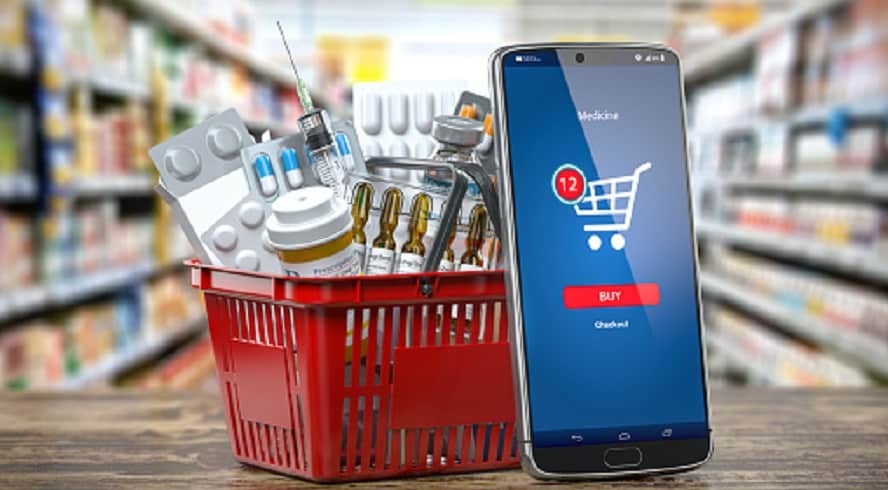In the age of digital transformation, the healthcare industry is undergoing a significant shift with the emergence of online pharmacies. These digital platforms allow consumers to order medications and health products from the comfort of their homes, offering convenience, accessibility, and often, competitive pricing. However, like any disruptive innovation, online ritalin 10 mg bring both advantages and challenges that need to be understood.
What is an Online Pharmacy?
An online pharmacy, also known as an internet pharmacy or e-pharmacy, is a website or app-based service that sells prescription and over-the-counter medications. Users can upload prescriptions, consult with licensed pharmacists, and get their medications delivered directly to their doorstep. Some platforms also offer telehealth consultations, enabling end-to-end digital healthcare solutions.
Benefits of Online Pharmacies
1. Convenience and Accessibility
One of the primary reasons for the popularity of online pharmacies is convenience. Patients can order medications without visiting a physical store, saving time and effort—especially useful for elderly patients, those with chronic conditions, or individuals living in remote areas.
2. Cost-Effective Solutions
Online pharmacies often offer discounts and lower prices compared to traditional brick-and-mortar stores. Bulk purchasing, fewer overhead costs, and competitive pricing strategies contribute to reduced medication prices.
3. Wide Range of Products
Many online pharmacies stock a broader range of medications and health products, including international brands and hard-to-find drugs. They also often include supplements, wellness products, and medical equipment.
4. Privacy and Discretion
For sensitive health issues, customers may prefer the privacy of an online purchase. Online platforms ensure discretion and often offer confidential packaging.
Challenges and Risks
1. Regulatory Concerns
Not all online pharmacies operate legally. Unlicensed or rogue pharmacies may sell counterfeit or expired medications, posing serious health risks. Ensuring the legitimacy of the platform is critical.
2. Lack of Personal Interaction
Traditional pharmacies provide in-person pharmacist consultations, which can be crucial for understanding drug interactions, side effects, and correct usage. While some online platforms offer chat or video consultations, they may not fully replace face-to-face interactions.
3. Data Privacy and Cybersecurity
Handling medical and personal data online raises concerns about data breaches and misuse. Secure platforms must comply with data protection laws and encryption standards to protect customer information.
4. Prescription Verification Issues
Some online pharmacies may dispense medications without verifying prescriptions properly, leading to misuse or overuse of drugs, especially controlled substances like opioids or antibiotics.
The Future of Online Pharmacies
As technology advances, the integration of AI, machine learning, and blockchain in online pharmacies is expected to enhance security, streamline operations, and personalize patient experiences. Governments and healthcare bodies are also working on stricter regulations to ensure safety and quality standards in the online pharmaceutical space.
Moreover, the COVID-19 pandemic has accelerated the adoption of online healthcare services, including pharmacies, highlighting their importance in future healthcare infrastructure. As awareness grows, so does the demand for transparent, reliable, and ethical online pharmacy services.
